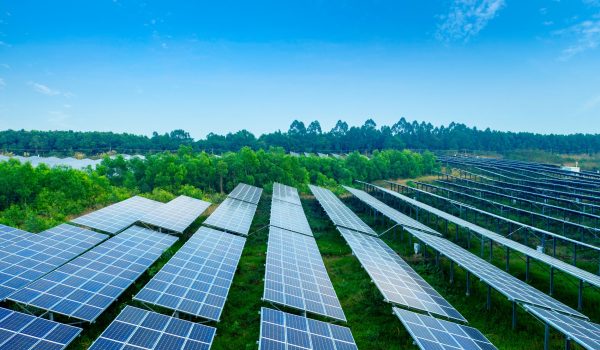Reshaping EPR
For a game changing policy tool that supports prevention, reuse, separate collection and high-quality recycling
The tool of Extended Producer Responsibility (EPR) has been widely recognized and celebrated as being an effective way of making producers responsible for products (and their subsequent waste) they produce. On the one hand, based on a partnership between companies, municipalities and waste managers, it allows the financing of the public service of waste management by producers, while reinforcing its efficiency. On the other hand, it could potentially encourage companies to enter a circular economy logic in the design of their products thanks to instruments like eco-modulation, thereby favoring products with a smaller environmental footprint.
This position paper argues that the full potential of EPR has not yet been reached and producers are insufficiently held accountable for environmental damages they cause. It identifies the actions needed to improve the tool of EPR, making it a game changer for circular economy goals.
To make EPR a more effective tool for a circular economy, it proposes a number of concrete legislative measures:
- Strengthen governance to improve transparency
- Redefine PROs missions to go beyond waste management
- Ensure harmonised principles on the fee structure and the eco-modulation
- Address free riding especially the e-commerce stakeholders
- Recognise mandatory deposit return systems (DRS) as part of EPR policy
- Combine the potential of EPR with other economic policies
Other relevant publications
The role of extended producer pesponsibility (EPR) in the energy transition
Analysis of the implementation of EPR for batteries in electric vehicles, solar panels, and wind turbines
Report collection for reuse at recycling centers
This report analyzes pilot projects in the municipalities of Amersfoort and Zwolle aimed at promoting the reuse of electrical appliances through recycling centers.







